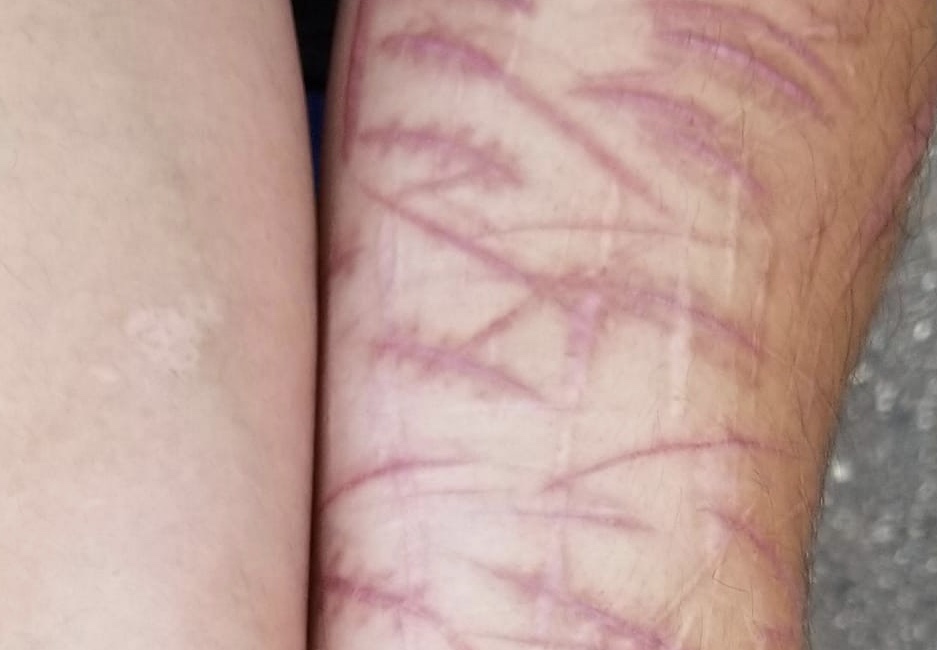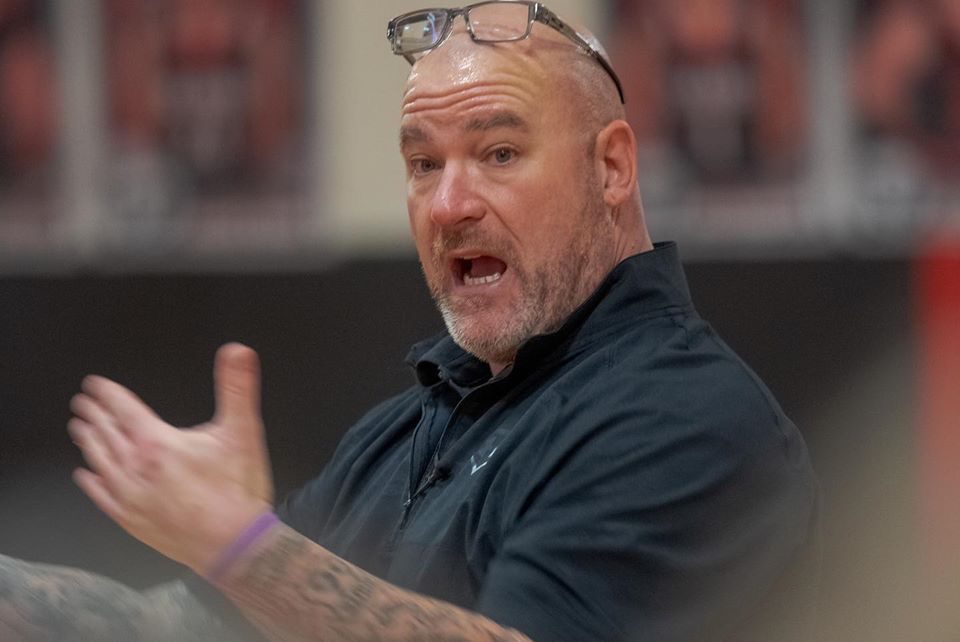Navigating Teen Life with Purpose: A Guide to Authentic Living

Jeff Yalden’s dynamic approach and unwavering support, Jeff empowers teens to navigate the ups and downs of adolescence with confidence and resilience.
“Unlocking Youth’s Potential: The Four Agreements as a Practical Guide to Transform Their Lives”

It’s a self-help guide that provides straightforward principles for leading a more fulfilling and peaceful life. These four agreements serve as a practical roadmap, offering four simple rules for achieving greater happiness and tranquility.
Teens and Self-Harm

What you need to know about teens and self-harm. A major concern today with school counselors asking a lot of questions as their middle school and high school students are coming to them asking for help.
High School Student Suicide 48 Hours Before My Visit

On December 14, 2022, I was invited to speak at South Newton High School in Indiana. 48 hours prior to my visit a high school junior had made that forever decision. He committed suicide. Just 48 hours prior to me visiting the school. It was a late Sunday night that he took his life. The […]
Parents and Teen Mental Health
Youth Mental Health and Teen Motivational Speaker Jeff Yalden shares a message for parents about teen mental health and social pressures teens face today.
Suffield, CT: Parent and Community Presentation
Teen Mental Health and Suicide Prevention Expert, Jeff Yalden shares a message for parents and community about Teen Mental Health and Teen Suicide.
Teen Mental Health Support for School Counselors
Immediate non-clinical evidence based practice and support for teens in a mental health challenge or crisis.
Rochester & Rochester Hills School Communities
Rochester and Rochester Hills School Communities have suffered five teen suicides in two years. They’ve asked Jeff Yalden to speak to the community: Teens and Parents.
Why Teens Need a Mental Health Life Coach
Your teen needs a Teen Life Coach and a Mental Health Life Coach for support and encouragement and Jeff has been that trusted teen life coach for many years.
Why Teens Kill Themselves
When I woke up this morning, I wasn’t planning on writing about teen suicide and why teens kill themselves. I planned to slowly wake up, watch “Good Morning America” and make my way into the office without a plan. But things change quickly, and here I am doing just that. Let’s save some lives… I […]

